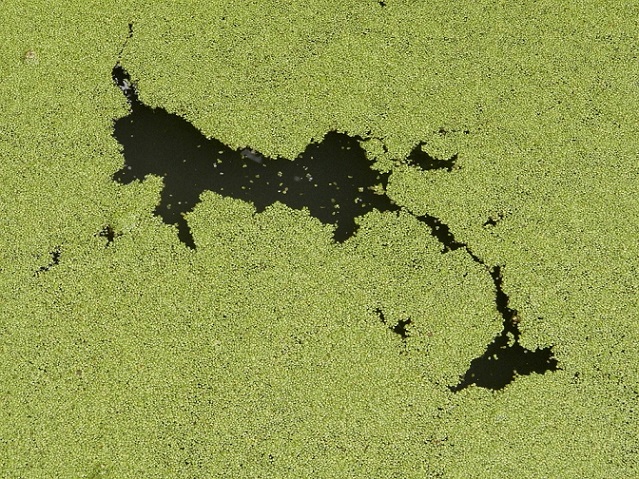Algae bloom occurs naturally when an abundance of nutrients enters an area of water where algae is present. Unfortunately algae bloom can be accelerated by outside factors like human recreation and manmade phosphates, in which case it overtakes the water-body and causes problems.
While algae bloom can even be beneficial to some marine life, when it takes over a body of water, it creates hypoxia, wherein the concentration of dissolved oxygen in the water column decreases to a level that can no longer support living aquatic organisms.
Harmful algae blooms (HABs) can lead to disruption in a water body’s ecosystem, causing marine life to die off significantly due to the toxin that it produces. Scientists and researchers have recently discovered more than one way of monitoring HABs, containing them, and reversing their creation process. They can now also determine when a harmful algae bloom will occur.
Around 50% of unnatural, marine-life death can be contributed to the consumption of food or prey that has been contaminated by harmful algae blooms, which disrupts ecosystems. Algae bloom causes fish to suffocate, bottom dwelling plants to be shielded from the sun’s light, and oxygen to be severely depleted.
Scientists at multiple research facilities have tried for many years to find methods to monitor HABs and may recently have found multiple solutions. Researchers at the University of North Carolina at Chapel Hill have sequenced the genes of HABs to discover the interactions of the algae and bacteria that cause the rapid growth.
A joint effort by researchers at the Cary Institute of Ecosystem Studies, the University of Wisconsin-Madison, the University of Virginia, and Rutgers University produced an automated system to spot regime shifts: rapid growth of algae and oxygen depletion. This system can accurately predict algae blooming and can help prevent the development of HABs.
Hopefully these new findings mean that HABs will become less of a problem in ecosystems and bodies of water around the world, which will ultimately benefit marine life and human life, and also help keep our freshwater resources pure.
Get water coolers and mains water coolers from Living-Water.






